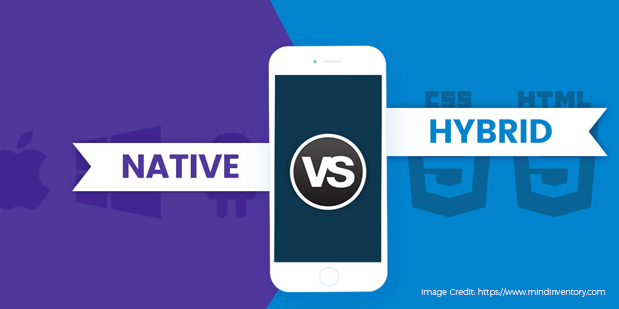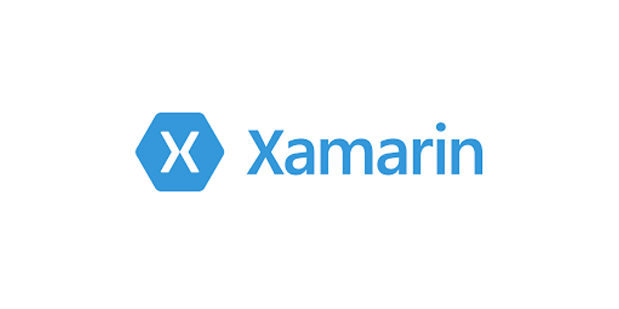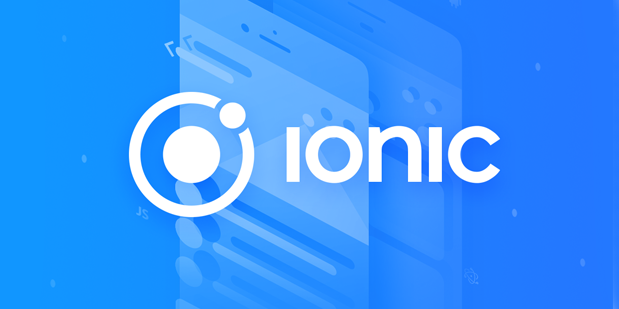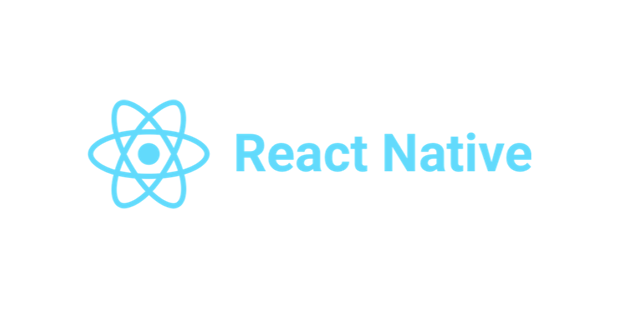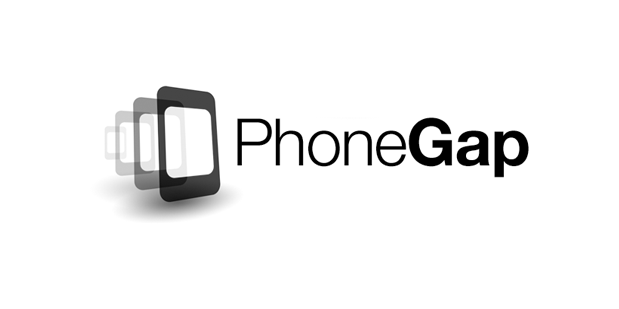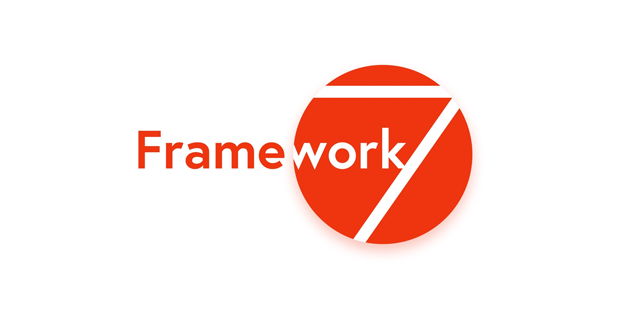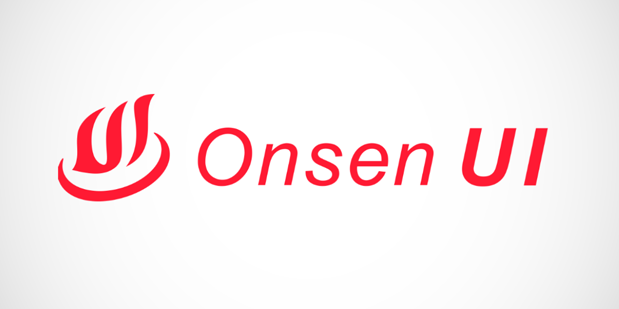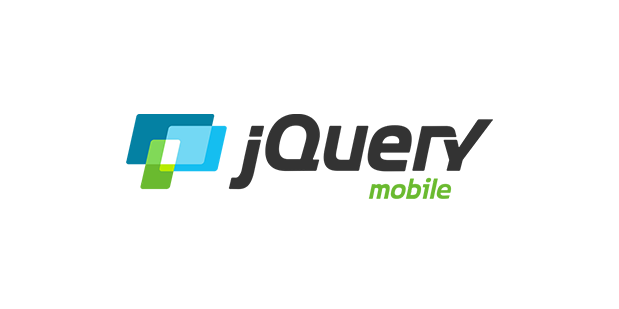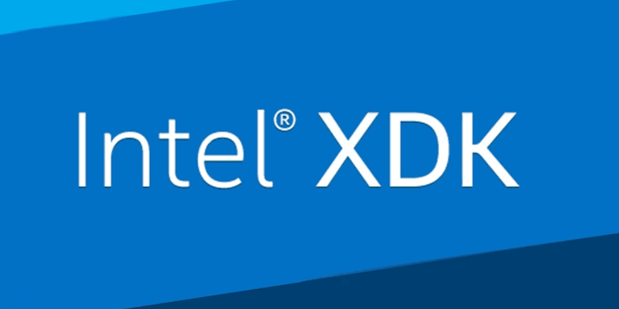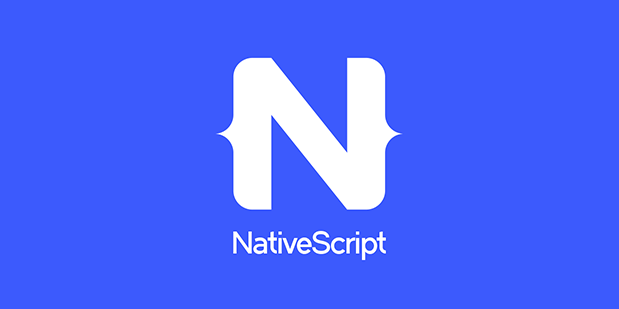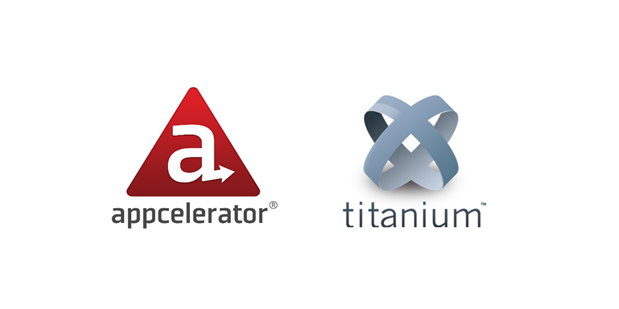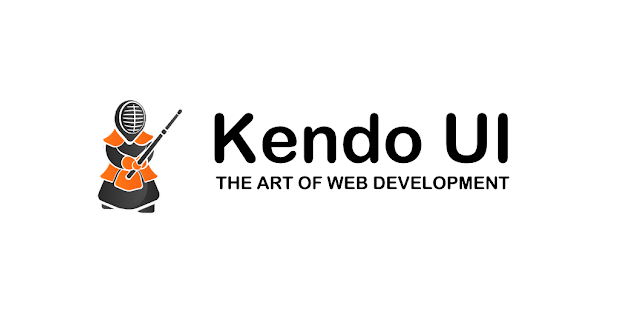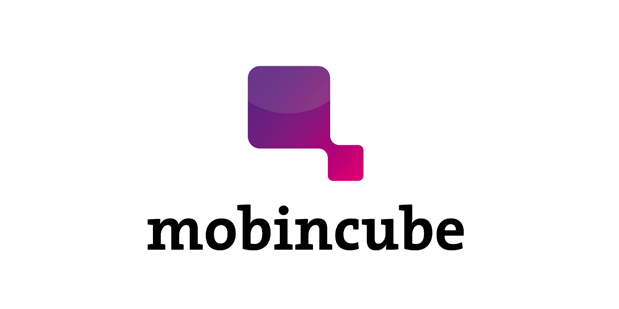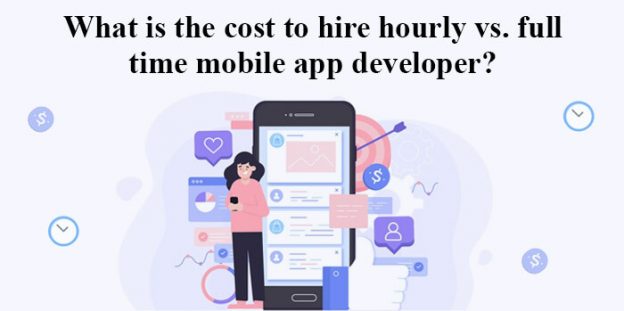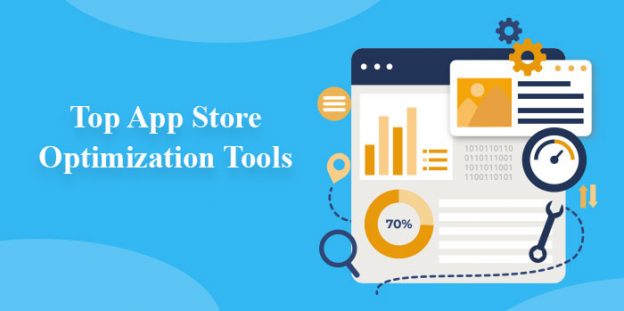17 Best Hybrid App Development Frameworks To Choose From In 2020
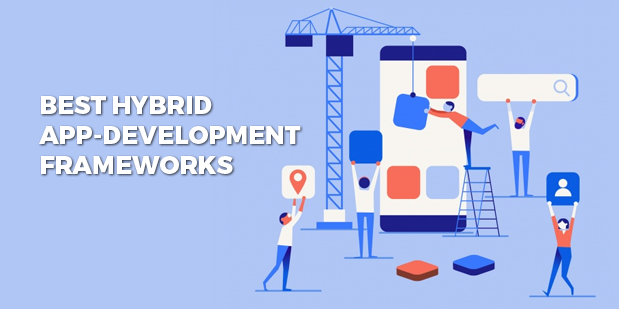
Today, mobile apps are ruling the technology world over desktop apps. It is because the number of hours spent by the user on the internet is increasing each year, and also mobile applications are easy to access. This shift towards mobile application was gradual. Speaking of mobile applications scenario, these apps are a faster way to reach out to wider audiences. There are plenty of mobile app development frameworks available in the market. And when it comes to mobile app development various aspects account for its success. Several factors are responsible for the success of mobile apps, such as frameworks, platforms, ASO and so on. Techies all across the globe are working constantly improving the performance of mobile apps by offering top-notch in-class functionalities. Also, they are delivering ‘wow’ factors in mobile app development frameworks significantly.
But before you move forward, you need to know about the frameworks of mobile app development. Well, there are two types of them, i.e. Native Apps VS Hybrid Apps. But out of two, Hybrid app development frameworks are becoming most popular amongst the developers globally and have also claimed to ease the lives of developers. Worldwide used apps such as Instagram, Gmail, Twitter, etc. are some of the examples of apps made with this particular mobile app development framework. With the advancement of technology, we are more likely to witness more innovative concepts in the coming years.
In this article, we will talk about Hybrid Apps specifically along with their types as well as the pros and cons of each Hybrid App Framework. We have shortlisted the best ones- just for you. Let’s just get started…!
List of Best Hybrid App Development Frameworks for 2020
1. Xamarin:
Used to develop hybrid apps for iOS, Android and Windows, “Xamarin” is one of the best frameworks for developing cross-platform apps. Founded in 2011, Xamarin has the ability to reuse code, tools, and functions to make the app development process quick. Therefore it helps in saving a significant amount of time. The framework is more modern and has improvements over Java and Objective-C. It has been written using C# which means the apps built with this framework are aesthetically-sound and also offer native experience.
2. Ionic:
Incorporated with a rich library having front-end building along with premier user interface components, the “Ionic” framework delivers overwhelming results when worked in combination with AngularJS. This cross-platform app development framework is one of the most popular frameworks currently due to its long list of top-notch features. Developers can easily learn this framework and thus can create fantastic designs and graphical representations in the apps. Progressive Web Apps are quite easy to develop using the Ionic framework.
3. React Native:
Another hybrid app development framework 2020 which is on top of our list is “React Native”. According to many developers, React Native and Ionic frameworks are considered as common alternatives. If Ionic results in better UI and performances amongst mobile apps, the Native React gives a native-like experience to the end-users with more stability. It also lets developers build cross-platform apps with minimal effort. Global brands like Facebook, Instagram, 2048 Discovery VR, etc. are using this framework to develop high-quality apps.
4. Flutter:
Google has never failed to impress the world with its innovations. One of the results of Google’s hard work is “Flutter” which is again a cross-mobile app development platform.
Designed to support various languages in the backend, Flutter allows developers to create apps with high-productive value. It has a single codebase for Android and iOS, and several big names including Alibaba, Birch Finance, Hamilton Musical, etc. created powerful and engaging apps using this framework.
5. PhoneGap:
PhoneGap, now known as Apache Cordova, is one of the best cross-mobile app development platforms. Developers just need to have knowledge of programming languages like HTML, CSS, and JavaScript to work with this framework. Brands like FOX Sports channel and UPS used PhoneGap to build apps that run across all major mobile platforms. PhoneGap has an interesting feature called ‘Build’ which is its cloud compiler. This feature can compile apps even without any SDKs installed. With the help of this framework, you can also leave the world in awe of your outstanding applications.
6. Framework 7:
This open-source HTML framework allows developers to develop desktop, progressive web apps (PWA), web applications and mobile apps (for iOS and Android). Framework 7 CLI is an extremely powerful tool which comes in different variants. Some of its variants are as follows; Framework 7 Core, Framework 7 – Vue, Framework 7 – React; Target Platform: web app, PWA or Cordova app etc.
7. Mobile Angular UI:
Again as an open-source mobile app framework, “Mobile Angular UI” has numerous components such as scrollable areas, navbars, switches, and more. Developers can use it to build seamless mobile applications. This framework is licensed to use it for free under MIT and is used in combination with Bootstrap to build amazing mobile app experiences.
8. Onsen UI:
Originally based on AngularJS, “Onsen UI” has become JS framework-agnostic. This means developers can create mobile apps with or without any JavaScript framework. Created in 2013, this open-source hybrid mobile app framework provides comprehensive tools and services. As compared to other cross-mobile app development platforms, Onsen UI is relatively new, but don’t you underestimate it as free, easy-to-use and flexible. In addition to this, this framework has semantic markup components for developers to get the benefits.
9. Corona SDK:
Mainly used for education, enterprises and 2D games, “Corona SDK” is 4x faster. This cross-platform mobile app development uses Lua as a scripting language in real-time testing. As a free tool, Corona SDK has over 1000 built-in APIs, a vast selection of plugins and can even monitor projects instantly on multiple devices using Live Builds.
10. JQuery Mobile:
This touch-optimized web framework i.e. “JQuery Mobile”, is more specifically a JavaScript library that is used to make responsive websites that are accessible on all smartphones. Developed by the jQuery project team, this hybrid framework is compatible with both desktop applications as well as mobile applications.
11. Intel XDK:
Developed by Intel to create native apps for mobile phones and tablets, “Intel XDK” has simplified workflow and enables developers to easily design. Earlier it came into existence as Integrated Development Environment, which now uses web technologies like HTML5, CSS and JavaScript. This framework can help in creating, editing and simulating apps from an IDE.
12. Native Scripts:
Originally conceived and developed by Progress, “Native Scripts” is an open-source framework. It helps in developing apps on the Apple iOS and Android platforms. Backed by Telerik, Native Scripts gives 100% access to native API via JavaScript and reuse of packages from NPM, cocoa Pod etc.
13. Appcelerator Titanium:
This open-source framework allows the creation of native mobile apps on platforms including iOS, Android and Windows UWP using a single code base. Titanium Studio, Android XDK, Xcode (Mac) are the building blogs along with JS. This framework helps in creating mindblowing mobile apps with Appcelerator Titanium, also known as Appcelerator Mobile.
14. Sencha Touch:
This cross-platform mobile app development brand builds fast web apps with Sencha Java and Sencha JavaScript frameworks. It is based on web standards including HTML5, CSS3 and JavaScript. The goal of Sencha Touch is to promote quick and easy development of HTML5 based mobile apps. These are the apps that run on devices like Android, iOS, Tizen Blackberry, simultaneously allow a native look and touch to the apps. Sencha Touch comes along with 115+ High-Performance UI Components that quickly integrate with React and Angular. These UI components create customizable and end-to-end solutions that involve less additional effort.
15. Kendo UI:
This open-source version of Telerik Kendo UI, is a comprehensive HTML5 user interface framework. It helps the developers to build modern web and modern apps with HTML5 and JavaScript. Kendo UI comes with 70+ widgets and framework features. These widgets can easily be themed and styled via CSS. In addition to this, this cross-mobile app development platform comes with a templating library that performs faster than jQuery Templates, cutting-edge UI virtualization etc.
16. Mobincube:
Mobincube is the perfect tool to build native mobile apps for Android, iOS (Apple), and Windows Phone without programming. There’s no need to learn a programming language to build a mobile app that best fits your needs with this framework, which makes it even better for the developers. Mobincube ensures publishing apps across the Apple App Store, Microsoft’s Phone Store, and Google Play, etc.. It is also the best tool to build native mobile apps for Android, iOS (Apple), and Windows Phone without programming.
17. QT:
QT is a free and open-source widget toolkit that run on various software and hardware platforms such as Linux, Windows, macOS etc. It is a publicly listed company, and the Qt project under open-source governance, involving individual developers and organizations working to advance Qt. This framework is available under both commercial licenses and open source.
CONCLUSION
It is very obvious to get confused when it comes to choosing the right Hybrid App Development Frameworks. And as far as the choice of the mobile development framework is concerned, the final decision largely depends on the n developers’ priorities and familiarity with a specific framework. Also it depends on the requirements of your project. For instance, ‘Corona SDK’ will be the best choice if you are Like if you are developing a gaming app. We suggest you to consult with an app development company before you take the process of app development further.
